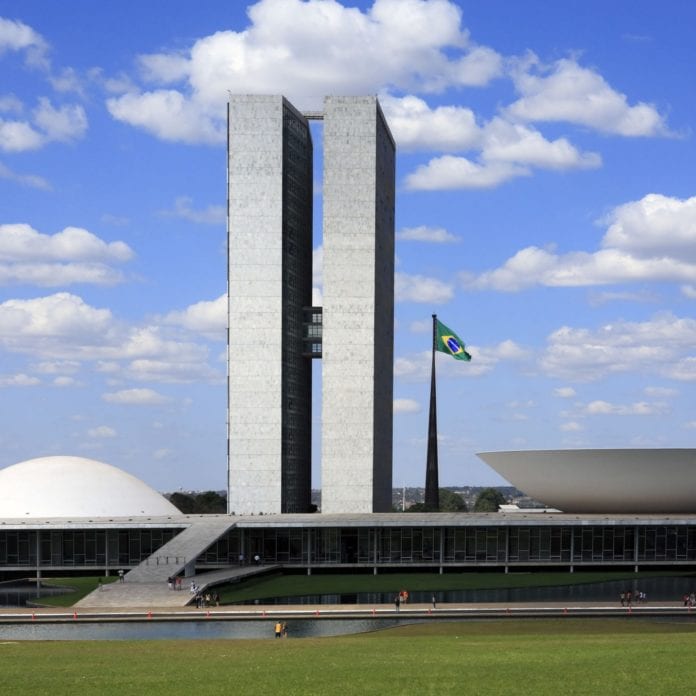This move by telecom watchdog Anatel is expected to contribute to increased capacity and improved performance of 5G services across Brazil
The Brazilian National Telecommunications Agency (Anatel) has approved the allocation of an additional 120 megahertz of spectrum in the 4.9 GHz band for the provision of 5G services across the country.
Anatel said the allocated radio spectrum from 4.83 GHz to 4.95 GHz is earmarked for various communication services, including personal mobile service, multimedia communication service, fixed switched telephone service and private limited service.
This move by the Brazilian watchdog is expected to contribute to increased capacity and improved performance of 5G services across Brazil.
However, Anatel noted that there is currently no plan in place to conduct a tender to award the 4.9 GHz band. Its initial decision focuses on defining the frequency arrangement and usage conditions for the spectrum band.
Eventually, however, the agency expects that the new spectrum will boost competition in the domestic telecommunications sector, which, in turn, could drive operational efficiency and lead to reductions in costs for end-users.
The 4.9 GHz band is currently used for point-to-point radio links and public security and civil defense systems. To enable the allocation of 120 megahertz for the provision of 5G services, Anatel made a number of adjustments, reducing the number of available channels for point-to-point systems in this range from five to three channels in addition to a 40-megahertz reduction in the band used by public security and civil defense systems.
Anatel said that those affected systems have time until September 6, 2028, to complete the necessary adaptations to accommodate these changes.
In 2021, Brazil raised a total of 47.2 billion reais ($9.3 billion) in its 5G spectrum auction. Through that auction, the government offered spectrum in the 700 MHz, 2.3 GHz, 3.5 GHZ and 26 GHz bands.
The country’s main mobile operators, Vivo, Claro and TIM, secured 5G spectrum as well as telecoms operators Algar Telecom and Sercomtel. Also, six new entrants secured 5G spectrum in the auction.
Vivo spent over 1.7 billion reais to acquire 5G licenses, followed by Telefonica’s Vivo, with over 1.1 billion reais and TIM, with an overall investment of over 1 billion reais. The government had confirmed that these three telcos acquired spectrum in the 2.3 GHz, 3.5 GHz and 26 GHz bands.
Meanwhile, Algar Telecom had paid 64.7 million reais to acquire regional lots in the 3.5 GHz, 2.3 GHz and 26 GHz bands. Sercomtel paid 82 million reais for a regional block in the 3.5 GHz band.
5G subscribers in Brazil are forecast to reach 179 million by 2030, up compared to 36.2 million in 2025, according to a previous report by telecom association GSMA.
The report showed that 5G penetration by 2025 is expected to reach 16% while it would expand to 77% by 2030.
“5G commercial services arrived in Brazil in July 2020, with operators using DSS technology. Services have subsequently evolved following the November 2021 spectrum auction. For example, Claro, TIM and Vivo have deployed 5G SA using 2.3 GHz and 3.5 GHz spectrum, delivering a significant performance improvement on previous networks,” GSMA said.
As of January 2023, 140 towns and cities had been approved to proceed with 3.5 GHz launches, equivalent to 38.5% of the population, according to Brazilian telecom regulator Anatel.
GSMA also noted that 5G networks will cover 84% of the country’s population by 2030, up from 47% in 2025.

